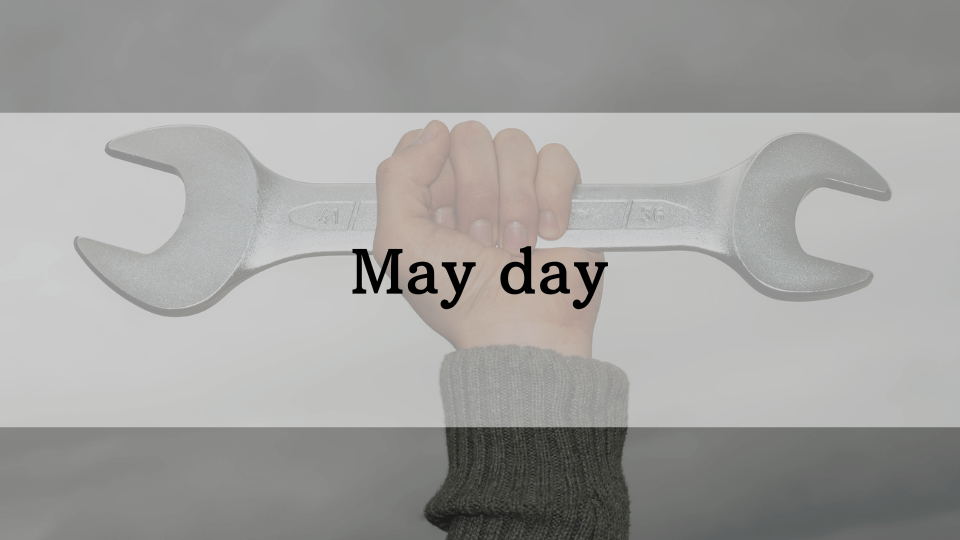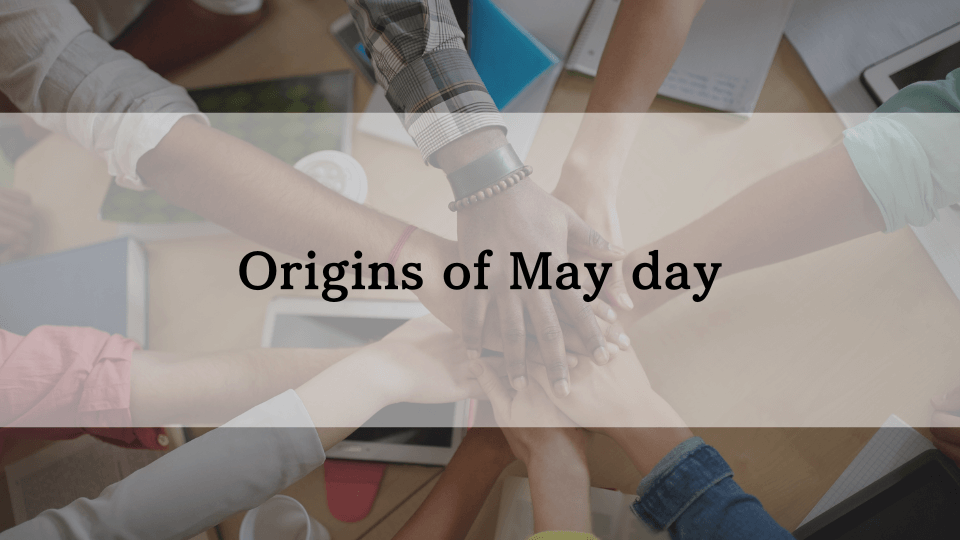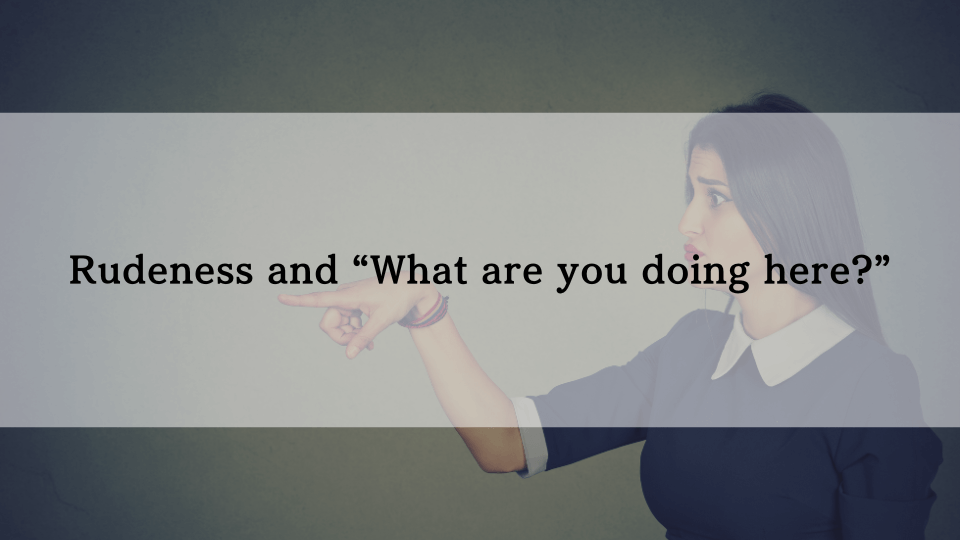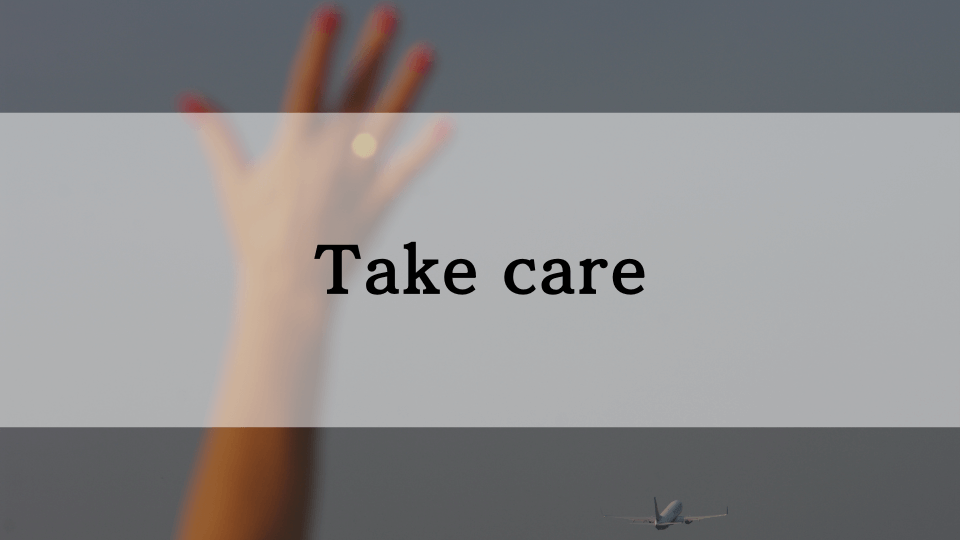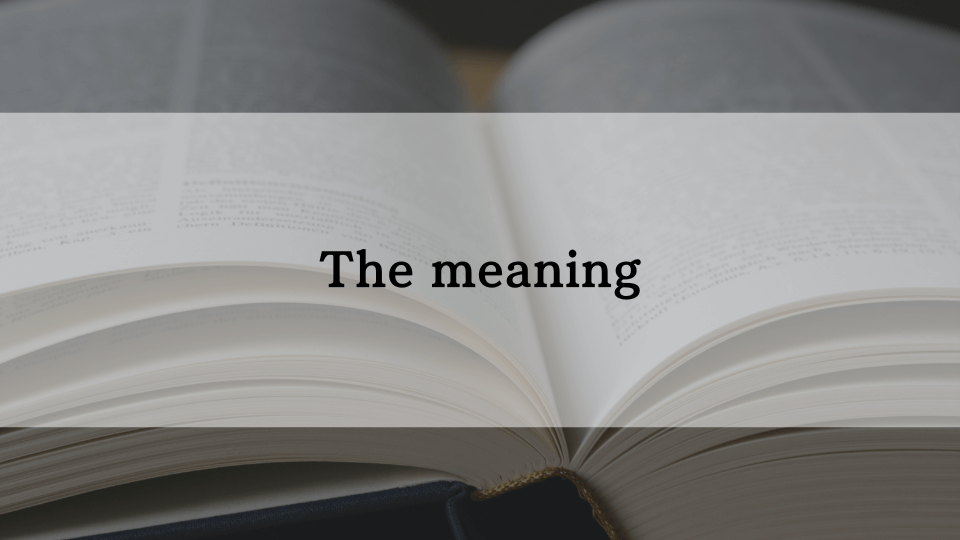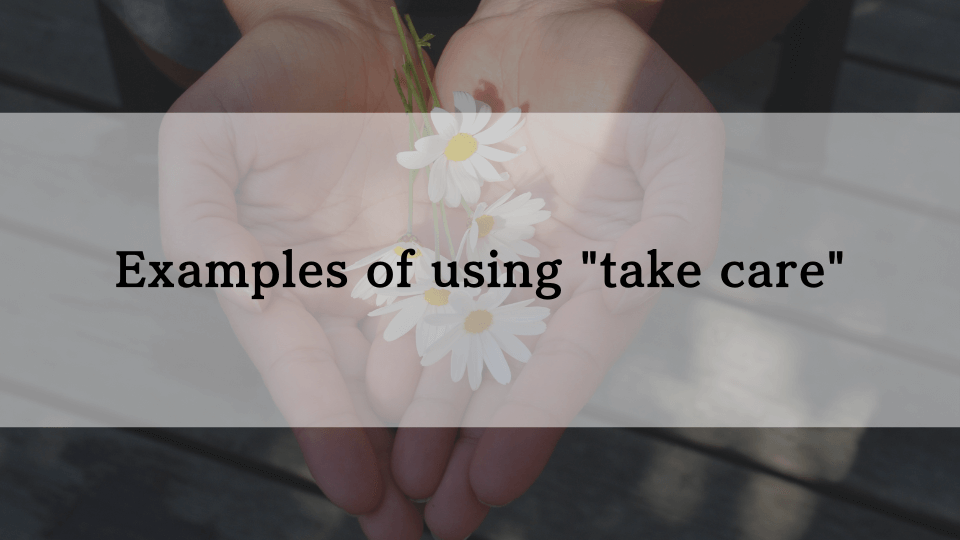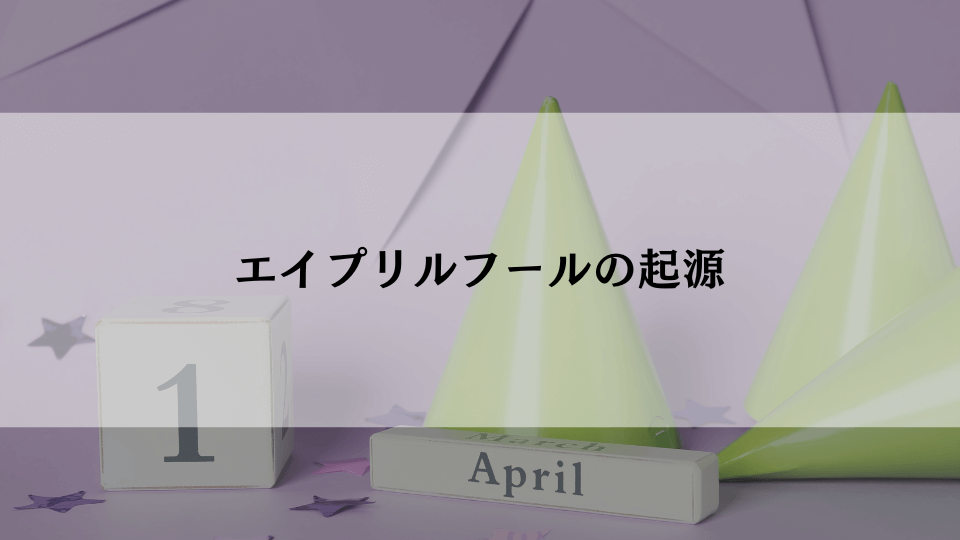【ヘンリー先生】
こんにちは!
日本にお住まいの方は、ゴールデンウィークの準備をしているか、この記事を読むタイミングによってはすでに楽しんでいるかもしれませんね。
どちらにしても、ゴールデンウィークが素晴らしいものになることを願っています!🌸
5月はまた、「May day (メーデー)」または「International Labor Day (国際労働者の日)」と呼ばれる重要な日から始まります。
興味深いことに、日本ではあまり「May day (メーデー)」は祝われていませんね。
このブログでは、「May day (メーデー)」とは何か、どのように祝われているかをご紹介したいと思います。
May day (メーデー)ってなに?
5月1日に祝われる「May day (メーデー)は、多くの国で「International Workers’ Day (国際労働者の日)」または「Labour Day (労働者の日)」として知られています。
歴史を通じて労働者の努力と成果を振り返り、称える日です。
特に、公正な扱い、より良い労働条件、権利を求める彼らの闘争についてです。
その取り組みに対する努力と、職場環境を改善するための影響に感謝する日です。
May day (メーデー)の起源
「May day (メーデー)」、「International Labor Day (国際労働者の日)」は1800年代後半に始まりました。
当時、労働者は労働時間の削減や公正な扱いなど、より良い労働条件を求めて闘っていました。
1886年5月1日、労働者たちは8時間労働制の導入を要求して抗議しました。これがシカゴでのヘイマーケット事件のきっかけとなり、「May day (メーデー)」につながる大きな出来事となりました。
1889年、国際社会主義者会議はヘイマーケットで起こったことを記憶に留め、世界中の労働者を支援するために、5月1日を国際労働者の日と宣言しました。
それ以来、「May day (メーデー)」は世界中の労働者や労働団体が連帯を示し、自らの権利のために立ち上がる日となっています。
May day (メーデー)の祝われ方
多くの国で、May day (メーデー)は主に労働者に関するものです。
労働組合、労働者団体、活動家などが集まり、行進や集会を行います。
これは公正な賃金、より良い労働条件、労働者の権利を求めるためです。
時には、その目的を支持するためのスピーチや音楽などの活動も行われます。
母国ウガンダでのMay day (メーデー)
ウガンダでは、5月1日は国民の祝日として祝われます。
この日は、国立労働組合機構(NOTU)によって行進、パレード、ダンス、スピーチなどの祝賀行事が行われます。
毎年、メインのイベントを開催する都市が選ばれ、通常は国の大統領が出席します。
私が学生だった頃、労働者の日についてあまり考えたことはありませんでした。
学校に行かなくてよい日だと喜んでいただけです。
ときどき、テレビで大きなお祝いの様子は見ていました。
まとめ
世界中でMay day (メーデー)は公休日と認識され、行進、パレード、パーティーが開催される一方で、労働者を支持するデモや集会の機会ともなっています。
(ヨーロッパの様々な文化でも伝統的なMay day (メーデー)のお祝いが行われていますが、春の訪れ、豊穣、そして生命の再生といったテーマが共通しています。)
実践的な英語ならケンジントン英会話
ケンジントン英会話では、教科書には載っていない、生きた表現を身に付けられます。
福岡市内の教室やオンラインで、経験豊富でフレンドリーな講師と一緒に英語を学びませんか?
実践的な英語を学びたい方はケンジントン英会話の公式サイトをチェック!
[英語原文]
May day
Greetings! If you live in Japan, you might be getting ready for the Golden Week holiday, or you might already be enjoying it, depending on when you read this. Either way, I hope you have a great time during Golden Week! 🌸
The month of May also starts with an important holiday day called May Day or International Labor Day. Interestingly, May Day isn’t celebrated much in Japan.In a few paragraphs below, I’ll explain what May day is, its origins and how it’s celebrated.
What is May day?
May Day, celebrated on May 1st, is known as International Workers’ Day or Labour Day in many countries. It’s a time to remember and honor the hard work and achievements of workers throughout history. It’s especially about their fight for fair treatment, better working conditions, and rights. So, it’s a day to appreciate the efforts of the labor movement and its impact on improving people’s lives at work.
Origins of May day
May Day or International Workers’ Day started in the late 1800s. Back then, workers were fighting for better conditions at work, like shorter hours and fair treatment. One big event that led to May Day was the Haymarket affair in Chicago in 1886. Workers protested on May 1st, asking for an eight-hour workday.
In 1889, the International Socialist Conference declared May 1st to be International Workers’ Day to remember what happened at Haymarket and to support workers everywhere. Since then, May Day has been a day when workers and labor groups around the world show solidarity and stand up for their rights.
How is May day celebrated?
In many countries, May Day is mainly about workers. People like labor unions, workers’ groups, and activists come together for marches and rallies. They do this to ask for fair pay, better work conditions, and rights for workers. Sometimes there are speeches, music, and other activities to support their cause.
May day in home country (Uganda)
In Uganda, the 1st of May is celebrated as a national holiday. The day is marked by a series of festivities including marches, parades, dance performances, and speeches, all coordinated by the National Organization of Trade Unions (NOTU). Annually, one city is selected to hold the main event, which is typically attended by the nation’s president.
When I was a student, I didn’t think much about Labor Day. I was just glad that I didn’t have to go to school. Sometimes, I watched the big celebrations on TV.
All in all, around the world May Day is recognized as a public holiday, and it is celebrated with marches, parades and parties while serving as the occasion for demonstrations and rallies in support of workers.
Note: There are also traditional May day celebrations in various European cultures, but they often share themes of welcoming spring, fertility, and the renewal of life.
~*~*~*~ \ Follow me / ~*~*~*~
Instagram : @kensington_eikaiwa
Twitter : @Kensington_Eng
Facebook : @kensingtoneikaiwa
YouTube : KENSINGTON英会話
~*~*~*~*~*~*~*~*~*~*~*~*~*
◆お問い合わせはこちら
ケンジントン英会話:お問い合わせフォーム






















